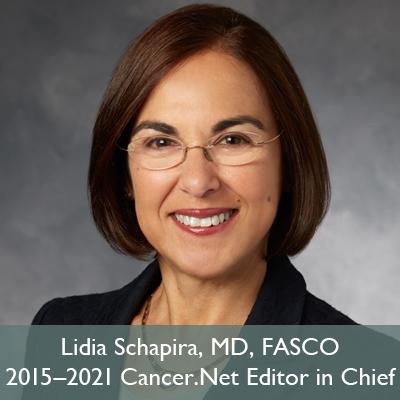
Every day in the clinic, I am reminded that we have limited ability to prevent cancer. It can happen despite a person’s best efforts to follow screening recommendations, eat well, and stay at a healthy weight. While we cannot guarantee our future health by lifestyle choices, we can modify our individual and collective risks by following recommendations from our doctors and working together to support efforts to limit pollution around us. Here are some thoughts I’ve had about cancer prevention.
Here are some thoughts I’ve had about cancer prevention.
#1. Get an early start
Cancer prevention should start as early as possible and continue for life. The periods in a person’s life span that most affect their future risk of cancer typically arise early in life.
We know that cancer can result from the interaction between our genetic material and many factors we are exposed to during our lives. Because early exposures to particles in the environment, foods, or medications may have long-term effects, our prevention efforts start with kids and focus on healthy eating and physical activity.
Promoting physical activity for children has helped raise public awareness of the dangers of childhood obesity. Exercise may also decrease the risk of cancer later in life, so having active kids may also engage their parents and grandparents in committing to physical activity.
A foundation of healthy eating starts with eating together. Family meals can strengthen bonds between generations. Eating together provides opportunities to talk about food preparation and to learn about taste, presentation, and flavor. It also helps us think about where the various ingredients come from. Parents can show their commitment to keeping kids safe by limiting the availability of processed foods, sugar-coated cereals, and fast food. It’s always gratifying to watch a toddler enjoy healthy meals. My 1- year-old granddaughter recently feasted on hummus and whole-grain pita bread, and we cheered her on as if she were an Olympic athlete!
#2. Know if screening is right for you
When you’re healthy, cancer is likely not a regular concern for you. But regular screening exams can be used to find cancer early, which is often when there is the best chance for successful treatment.
For those at average risk of developing cancer, there are screening recommendations from different organizations for:
-
Mammograms to detect early breast cancers
-
Pap tests and HPV tests to detect early cervical cancer
-
Colonoscopies to screen for colon cancer
-
Low-dose computed tomography (CT) scans to screen for lung cancer for former and heavy smokers
-
PSA tests to detect prostate cancer
Screening guidelines tend to be fairly clear on who should be screened and when to start, but they are not always clear on when screening should stop. Cancer screening is a decision that must be made between an individual and their doctor, based on their general health, personal cancer risk, and personal choices. Not all types of cancer have effective screening methods.
It is important to understand your personal genetic risk for developing cancer. People with a strong family history of cancer or who carry an inherited genetic mutation that increases cancer risk, such as the mutation called BRCA, need to have a personalized plan for screening that may be different from general screening guidelines.
#3. Daily choices affect cancer risk
We all make choices every day that can affect our cancer risk.
-
Getting regular exercise helps avoid obesity, which is linked to cancer risk, and also regulates hormonal levels that are known to affect cancer risk.
-
Cigarette smoking is a strong risk factor for lung, bladder, esophageal, kidney, pancreatic, and head and neck cancers. Avoiding and/or quitting tobacco use are important decisions that can lower cancer risk.
-
Limiting how much alcohol we drink is important. We have learned that the total lifetime exposure to alcohol is an important determinant of future risk of breast, esophageal, liver, colorectal, stomach, mouth, and certain head and neck cancers.
-
Protecting ourselves from the UV rays reduces the risk of skin cancer.
#4. Support cancer prevention programs
In addition to doing what we can to lower our own personal risk of cancer, we need to work together to support programs to reduce exposures to carcinogens, the substances known to cause cancer.
-
A virus called HPV causes cervical, anal, penile, oropharyngeal, and other cancers. The best protection against HPV is vaccination. All boys and girls between the ages of 11 and 12 should complete the HPV vaccine series.
-
Public awareness campaigns are crucial to teaching people about the dangers of tobacco use. Quitting smoking programs are essential to help those who are already addicted. Making quitting smoking programs widely available and affordable are important goals worldwide to reduce the global risk of cancer.
